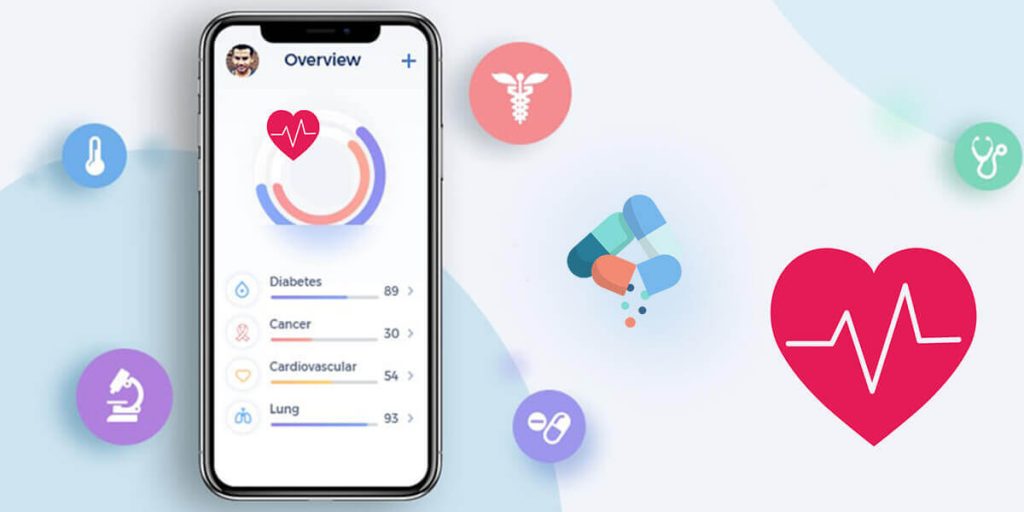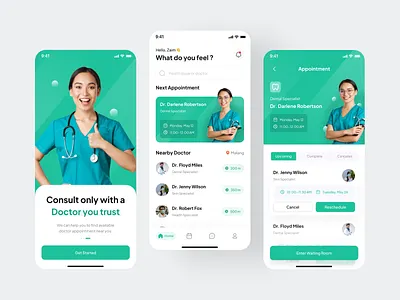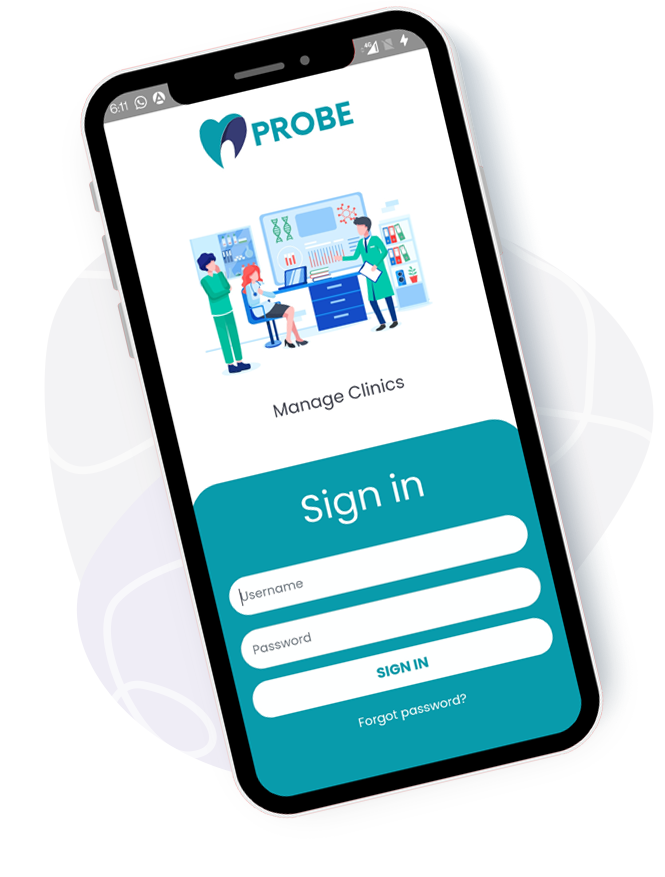Finest Practices for Developing a Mobile App for Clinics That Satisfies Patient Needs
Finest Practices for Developing a Mobile App for Clinics That Satisfies Patient Needs
Blog Article
The Future of Medical Care: Why Clinics Required a Mobile Application Today
As the medical care landscape proceeds to progress, facilities encounter installing pressure to adjust to person assumptions for better ease and access. The assimilation of mobile applications can serve as a vital method for improving person involvement and enhancing operations.
Changing Person Expectations
As the landscape of health care advances, individual expectations are undergoing a considerable makeover. Today's people are significantly seeking ease, ease of access, and individualized care. With the increase of modern technology, especially mobile applications, people currently expect a seamless assimilation of medical care services right into their every day lives. They prefer the capability to manage appointments, access clinical documents, and connect with doctor through their smartphones, mirroring a shift in the direction of a much more positive method to health and wellness management.
Moreover, individuals are coming to be much more notified and encouraged, commonly looking into conditions and treatments on the internet prior to consultations. This enhanced awareness is coupled with a demand for transparency in healthcare processes, consisting of cost estimates and treatment alternatives. As an outcome, companies are urged to adapt by adopting electronic tools that enhance the person experience.
The expectation for timely and efficient interaction has actually never been greater, with many clients thinking about responsiveness a vital part of high quality care. mobile app for clinics. In this advancing landscape, health care organizations should recognize these changing expectations and leverage mobile applications to foster a much more patient-centric technique, guaranteeing that they not just satisfy however go beyond the standards established by today's enlightened consumers
Enhancing Client Interaction

Mobile applications help with interaction in between people and health care providers, enabling real-time visit organizing, tips for drug adherence, and direct messaging features. These performances not just enhance convenience yet likewise build a feeling of accountability among clients. Moreover, mobile apps can offer academic content customized to private needs, aiding individuals much better recognize their problems and treatment alternatives.
The combination of gamification elements within medical care apps can also inspire patients to engage in healthy behaviors, reinforcing favorable lifestyle changes. Ultimately, boosting client involvement with mobile applications leads to improved wellness results, better client contentment, and an extra joint healthcare experience.
Simplifying Facility Procedures
Simplifying clinic operations is vital for improving process effectiveness and maximizing client treatment. The execution of mobile applications can considerably lower management burdens, allowing medical care companies to concentrate a lot more on you could try these out patient communications. By automating appointment scheduling, client check-ins, and invoicing procedures, centers can minimize wait times and boost overall operational effectiveness.
Mobile applications also assist in real-time accessibility to person records, allowing health care experts to make informed decisions quickly. This immediacy not only enhances the quality of care but likewise minimizes the chance of mistakes connected with lost or obsoleted details. Additionally, leveraging mobile innovation supports an extra organized method to managing person follow-ups and therapy strategies, making certain that no vital steps are ignored.
This permits for prompt replenishment and assists prevent disturbances in client care due to stock lacks. By incorporating these performances right into their daily operations, centers can create a much more reliable and cohesive environment, inevitably leading to boosted person end results and complete satisfaction.
Improving Interaction Channels
Effective communication is frequently mentioned as a cornerstone of high quality healthcare shipment. In today's busy clinical atmosphere, mobile applications can significantly boost communication networks between facilities, clients, and health care companies. By incorporating mobile applications right into their operations, clinics can Click Here promote real-time communications, guaranteeing that people get prompt info regarding their visits, test outcomes, and treatment plans.
Mobile applications additionally empower people to connect directly with their medical care groups via secure messaging functions. This straight line of interaction fosters a sense of involvement and enables for prompt explanation of concerns, which can cause much better adherence to treatment procedures. Press alerts can advise patients of upcoming consultations or drug timetables, lowering no-show prices and boosting general health and wellness end results.

Staying Affordable in Medical Care
In a swiftly progressing medical care landscape, organizations must prioritize innovation and versatility to preserve a competitive edge. The integration of mobile applications into medical care solutions is no more optional; it is important for centers intending to boost person involvement, simplify operations, and enhance general solution delivery.
As patients increasingly rely upon electronic platforms for health management, centers that fall short to embrace mobile innovation risk falling back. A properly designed mobile application can supply features such as visit scheduling, telemedicine appointments, and accessibility to medical documents, giving clients with benefit and fostering commitment.

Rivals are likewise spending in mobile remedies, so staying ahead needs constant improvement and remaining informed about technical advancements. Clinics must not only carry out mobile applications yet likewise take part in regular updates and improvements. Inevitably, the successful assimilation of mobile innovation will differentiate forward-thinking medical care organizations and set the criteria for patient-centric treatment in an electronic globe.
Verdict
To conclude, the combination of mobile applications in facilities is essential to address the evolving landscape of person assumptions. By boosting individual involvement, enhancing procedures, and improving interaction networks, clinics can dramatically increase health results. Additionally, the adoption of mobile modern technology placements clinics to stay competitive in a progressively electronic healthcare setting. Inevitably, the strategic implementation of mobile applications stands for a vital action towards delivering easily accessible and individualized health care, therefore fulfilling the demands these days's empowered patients.
Eventually, improving person interaction via mobile applications leads to enhanced health results, greater patient satisfaction, and a more collective medical care experience.Mobile applications additionally promote real-time accessibility to patient documents, allowing healthcare professionals to make informed choices rapidly. In today's busy clinical environment, mobile applications can significantly boost interaction channels between facilities, clients, and health care providers.Mobile applications likewise empower patients to interact straight with their health care teams via secure messaging attributes. Ultimately, the tactical implementation of mobile apps represents an essential action toward providing tailored and easily accessible medical care, consequently meeting the demands of today's encouraged people.
Report this page